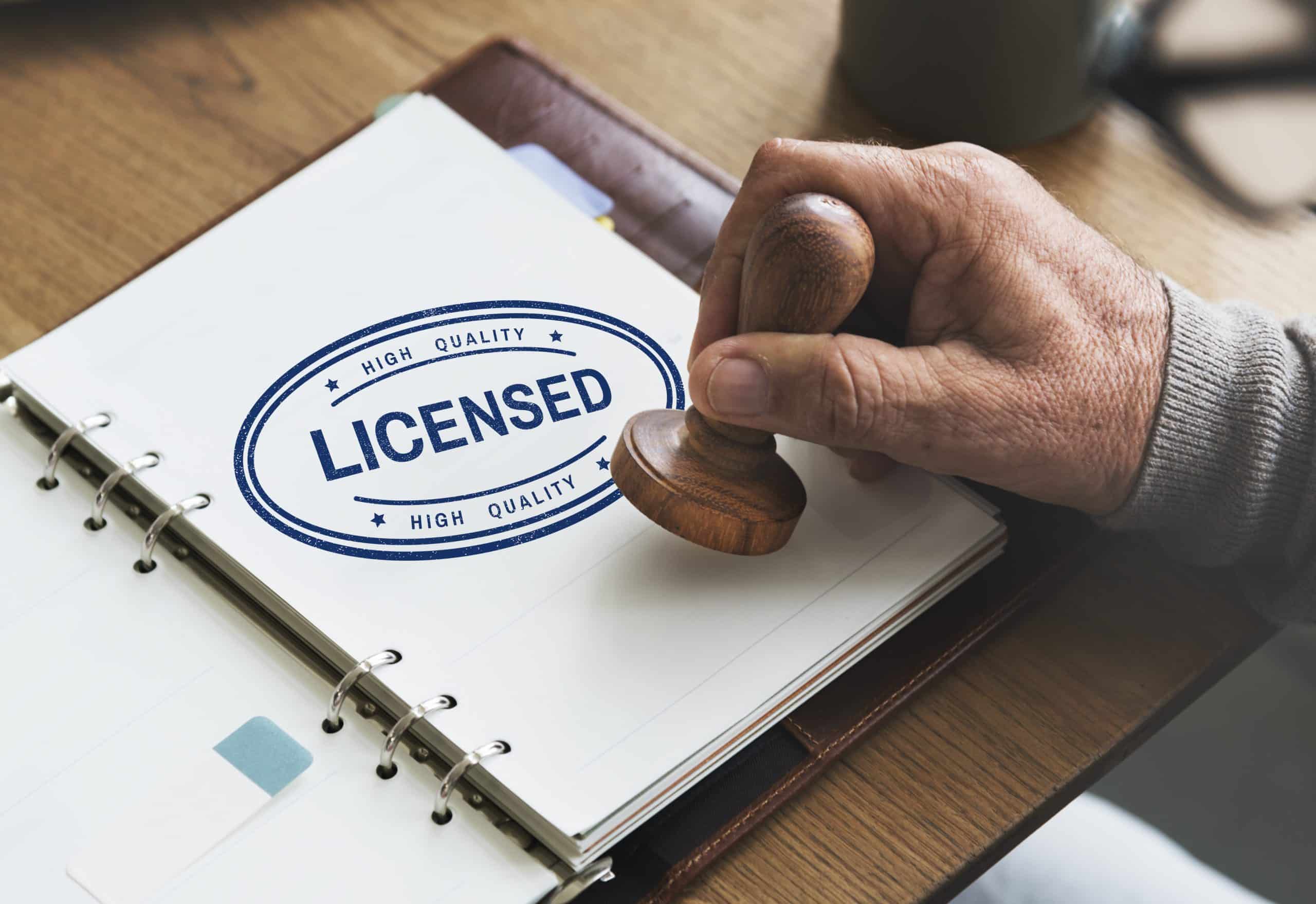What are the steps for obtaining a pharmaceutical wholesaler license in the UK?

The UK pharmaceutical sector is a highly regulated industry. The meticulous level of regulation ensures the safety and efficacy of the medicinal products that reach the consumers. For businesses aiming to launch into the wholesale distribution of pharmaceuticals, securing a pharmaceutical wholesaler license is a critical initial step. This article provides a detailed, step-by-step guide on how to secure a pharmaceutical wholesaler license in the UK. The process, although rigorous, is straightforward once you understand the requirements and steps involved.
Familiarising with Regulatory Bodies and Guidelines
Before embarking on the process of obtaining a pharmaceutical wholesaler license, it is crucial that you understand the roles and guidelines laid down by the regulatory bodies. In the UK, the Medicines and Healthcare Products Regulatory Agency (MHRA) is the governing body responsible for the regulation of medicines, medical devices, and blood components.
A lire aussi : How to structure a UK-based biotech startup to attract international venture capital?
The MHRA enforces the EU Guidelines of Good Distribution Practice (GDP), which sets the standard for the quality systems that pharmaceutical wholesalers must possess and maintain to assure the quality and integrity of medicines.
Understanding and adhering to these guidelines will significantly help in the preparation of the application for a pharmaceutical wholesaler license.
Sujet a lire : How to establish a UK-based mobile health clinic under NHS partnership regulations?
Preparing for Good Distribution Practice (GDP)
After familiarising with the guidelines laid down by the MHRA and GDP, the next step involves preparing your business operations to adhere to these standards. The GDP insists on a quality system that assures the continuous quality and integrity of medicinal products during storage and distribution.
Key requirements include ensuring appropriate storage conditions, having a designated Responsible Person (RP) who possesses the necessary skills and knowledge, as well as establishing procedures for recalls and handling of counterfeit products, among others.
Your business should also have a suitable premises that is capable of proper storage, handling, and distribution of pharmaceutical products.
Applying for a Wholesale Dealer License
Once your business operations are adequately prepared and aligned with the GDP guidelines, you can proceed to apply for the wholesale dealer license. Application is made through the MHRA, and it involves the completion and submission of the Wholesale Dealer License (WDA(H)) application form.
The application should be supplemented with supporting documents, such as a site master file that outlines the business, activities, and procedures, as well as the CV of the proposed Responsible Person (RP).
Inspection by MHRA
Following the application, the MHRA conducts a pre-approval inspection to ensure that your business complies with the GDP guidelines. The inspection will verify the premises, the quality systems in place, and the suitability of the proposed RP.
It is crucial to adequately prepare for this inspection, as it is a fundamental determinant of whether your application for a pharmaceutical wholesaler license is approved or rejected.
Maintaining Compliancy
After successfully obtaining the pharmaceutical wholesaler license, it is essential to maintain compliance with the GDP guidelines. The MHRA conducts routine inspections, usually every three to five years, to ensure that license holders continue to comply with the standards.
Failure to comply can lead to the suspension or revocation of the license. Consequently, continuous investment in quality systems and adherence to the GDP is required.
The process of obtaining a pharmaceutical wholesaler license in the UK involves familiarising with the regulations, preparing for GDP guidelines, applying for the license, preparing for and passing the MHRA inspection, and maintaining compliance. While it can be meticulous and demanding, it undoubtedly ensures the safety and efficacy of the medicinal products that reach the consumers.
Steps for Continuous Compliance
Maintaining compliance with the Good Distribution Practice (GDP) guidelines set forth by the Medicines and Healthcare Products Regulatory Agency (MHRA) is a vital step in retaining your pharmaceutical wholesaler license. The MHRA conducts regular inspections, typically every three to five years, to ensure that license holders are upholding the required standards.
In order to maintain compliance, pharmaceutical wholesalers need to continually invest in their quality systems. This includes maintaining proper storage conditions, having a designated Responsible Person (RP) with the necessary skills and knowledge, and establishing procedures for recalls and the handling of counterfeit products.
In addition, it is essential to ensure that the premises are suitable for proper storage, handling, and distribution of pharmaceutical products. Regular audits and process reviews can help verify that all operations are aligned with the GDP guidelines. Staff training should also be a continuous process to ensure that all employees are aware of and capable of executing their roles in compliance with these standards.
Pharmaceutical wholesalers should also have a clear documentation trail to keep track of the flow of products. This includes maintaining records of the receipt, sale, supply, export, or disposal of all products.
In case of any changes in your business, such as a change in the designated RP or premises, it is crucial to notify the MHRA promptly to avoid non-compliance issues.
Keep in mind, failure to comply with these guidelines can lead to the suspension or even revocation of your license. Hence, continuous compliance is not just a requirement but a commitment to the safety and integrity of the medicinal products you distribute.
Conclusion
Obtaining a pharmaceutical wholesaler license in the UK is a meticulous process that requires a thorough understanding of the guidelines and standards set by the regulatory bodies. From familiarising yourself with the regulations, preparing for GDP guidelines, applying for the license, and passing the MHRA inspection, each step plays a significant role in ensuring that the medicinal products distributed are safe and effective.
However, the process does not end with obtaining the license. A pharmaceutical wholesaler must commit to maintaining compliance with the GDP guidelines and evolving with the industry's best practices. Regular audits, process reviews, continuous staff training, and maintaining proper documentation are essential steps in this direction.
In conclusion, while obtaining and maintaining a pharmaceutical wholesaler license in the UK may seem daunting, it is a necessary measure to ensure the safety and quality of medicinal products. With adequate preparation, a commitment to quality, and an understanding of the regulatory landscape, businesses can successfully navigate this process and contribute effectively to the pharmaceutical sector.
